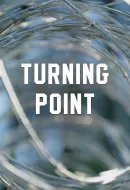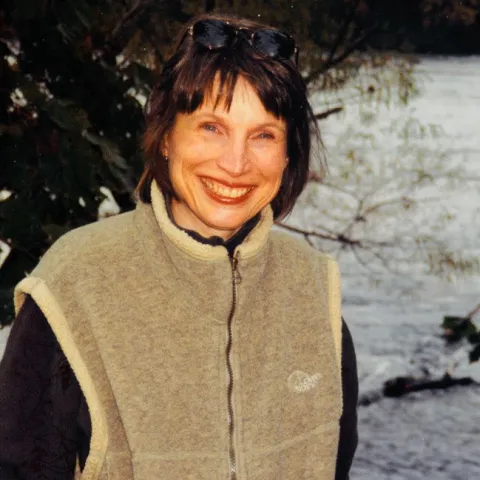Literary giant James Dickey appears in this episode of Writers Workshop. Dickey said that he thinks that the major influence on prose fiction in this country and England, is poetry and examines the elements of poetry, compares novels to movies, and expounds at length on why he considers Dylan Thomas the most original poet in the English language. He observes that the essence of poetry is meaning and depth and His advice to young writers is simple: Ask yourself if you love writing enough to continue no matter what obstacles you encounter. His interview sparkles with wit and information about the construction of his preferred form as well as revealing his widespread knowledge about and opinion of other writers.
Side Notes:
- February 2, 1923 - January 19, 1997 in Columbia, SC
- March 23: Publication date of novel Deliverance in 1970.
- Film adaptation of Deliverance was released July 30, 1972.
- Poetry collections include The Whole Motion: Collected Poems, 1945-1992; The Eagle’s Mile (1990); The Strength of Fields (1979); Buckdancer’s Choice (1965), which received both the National Book Award and the Melville Cane Award; Helmets (1964); and Into the Stone, and Other Poems (1960).
- In a 1981 Writer’s Yearbook interview, Dickey commented on his devotion to verse: “Poetry is, I think, the highest medium that mankind has ever come up with. It’s language itself, which is a miraculous medium which makes everything else that man has ever done possible.”
- The late James Dickey (1923-1997), poet, novelist, and critic, taught at the University as Poet-in-Residence and First Carolina Professor of English for nearly thirty years. The James Dickey Library at the University of South Carolina commemorates one of its most distinguished faculty members and preserves his extensive personal book collection for the use of scholars and students.
The Writer's Workshop features 15 major talents in contemporary literature who met in a one-on-one forum with well-known author William Price Fox and University of South Carolina creative writing students. Each writer discussed his or her personal writing methods, furnishing insights into the highly individualized process of literary creation. Other authors include George Plimpton, James Dickey, James McPherson, John Gardener, John Hawkes, John Irving, Kurt Vonnegut, Nora Ephron, Pauline Kael, Reynolds Price, Stephen Spender, Susan Sontag, Tom Wolf, William Price Fox, and William Styron.

